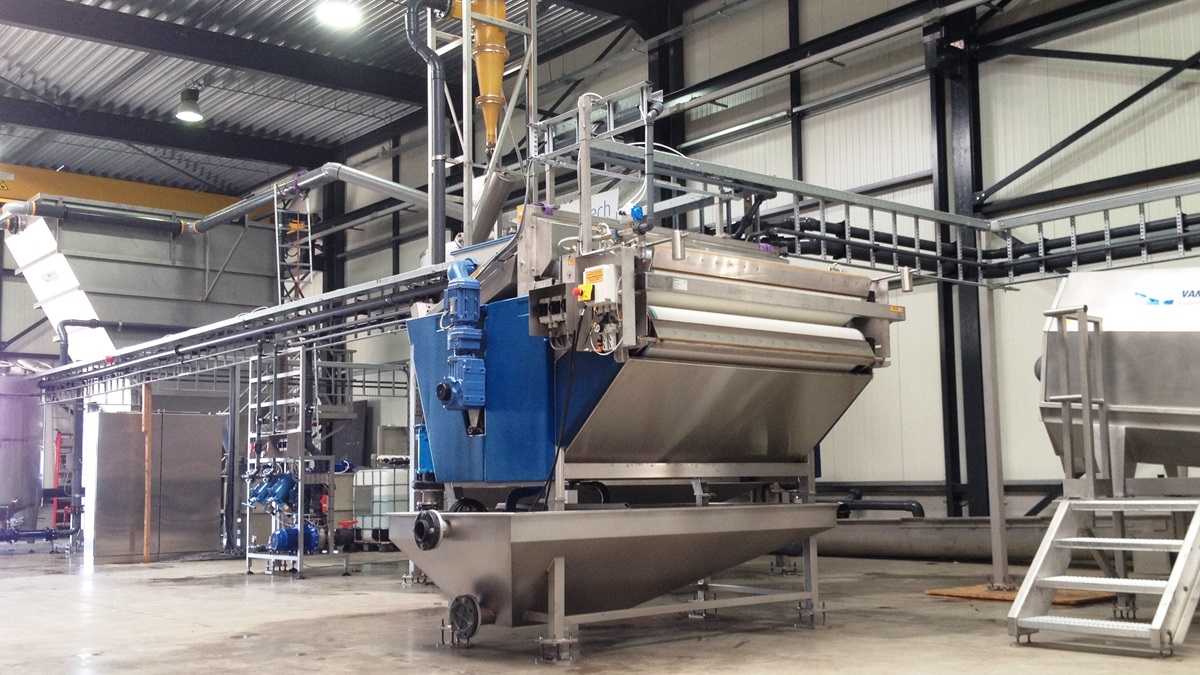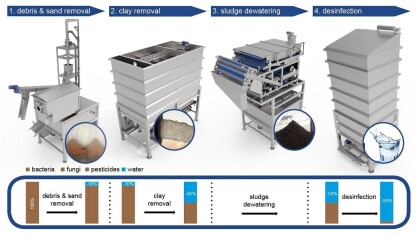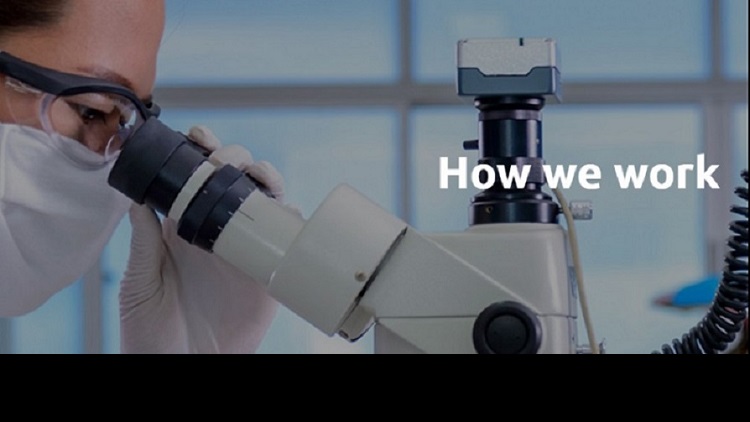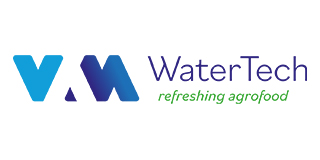

VAM WaterTech
Conditioning
Basic Information about water reuse from the EPA
Technology to purify process water up to 100% and to save 95%
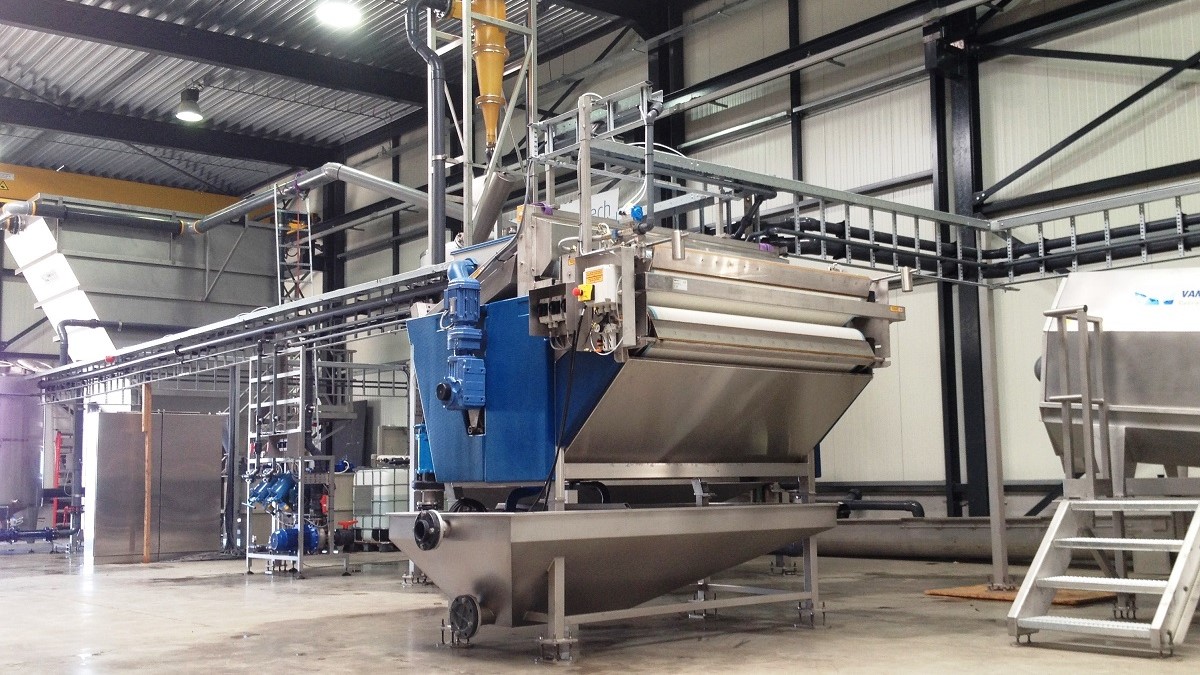
The EPA, United States Environmental Protection Agency, explains the basics about water reuse, types, uses for recycled water, and also the water reuse regulation in the United States.
Water reuse (also commonly known as water recycling or water reclamation) reclaims water from a variety of sources then treats and reuses it for beneficial purposes such as agriculture and irrigation, potable water supplies, groundwater replenishment, industrial processes, and environmental restoration. Water reuse can provide alternatives to existing water supplies and be used to enhance water security, sustainability, and resilience.
Water reuse can be defined as planned or unplanned. Planned water reuse refers to water systems designed with the goal of beneficially reusing a recycled water supply. Often, communities will seek to optimize their overall water use by reusing water to the extent possible within the community, before the water is reintroduced to the environment. Examples of planned reuse include agricultural and landscape irrigation, industrial process water, potable water supplies, and groundwater supply management.
Types of Water Reuse
Sources of water for potential reuse can include municipal wastewater, industry process and cooling water, stormwater, agriculture runoff and return flows, and produced water from natural resource extraction activities.
These sources of water are adequately treated to meet “fit-for-purpose specifications” for a particular next use. "Fit-for-purpose specifications” are the treatment requirements to bring water from a particular source to the quality needed, to ensure public health, environmental protection, or specific user needs.
For example, reclaimed water for crop irrigation would need to be of sufficient quality to prevent harm to plants and soils, maintain food safety, and protect the health of farm workers. In uses where there is a greater human exposure water may require more treatment.
Uses for recycled water
Recycled water may have several kind of uses, including irrigation for agriculture, irrigation for landscaping such as parks, rights-of-ways, and golf courses, municipal water supply, etc.
The agrofood industry consumes large amounts of water and the reuse of process water is of high interest. Specialist companies such as VAM WaterTech, reach, through specific steps for agrofood water purification to purify process water up to 100% and to save 95% on agrofood process water.
Users are processors of potatoes and other root vegetables like carrots, and hard fruits such as apples and pears.
Pictures
1 - Examples of water sources and use applications, by EPA
2 - Agrofood water purification installation


